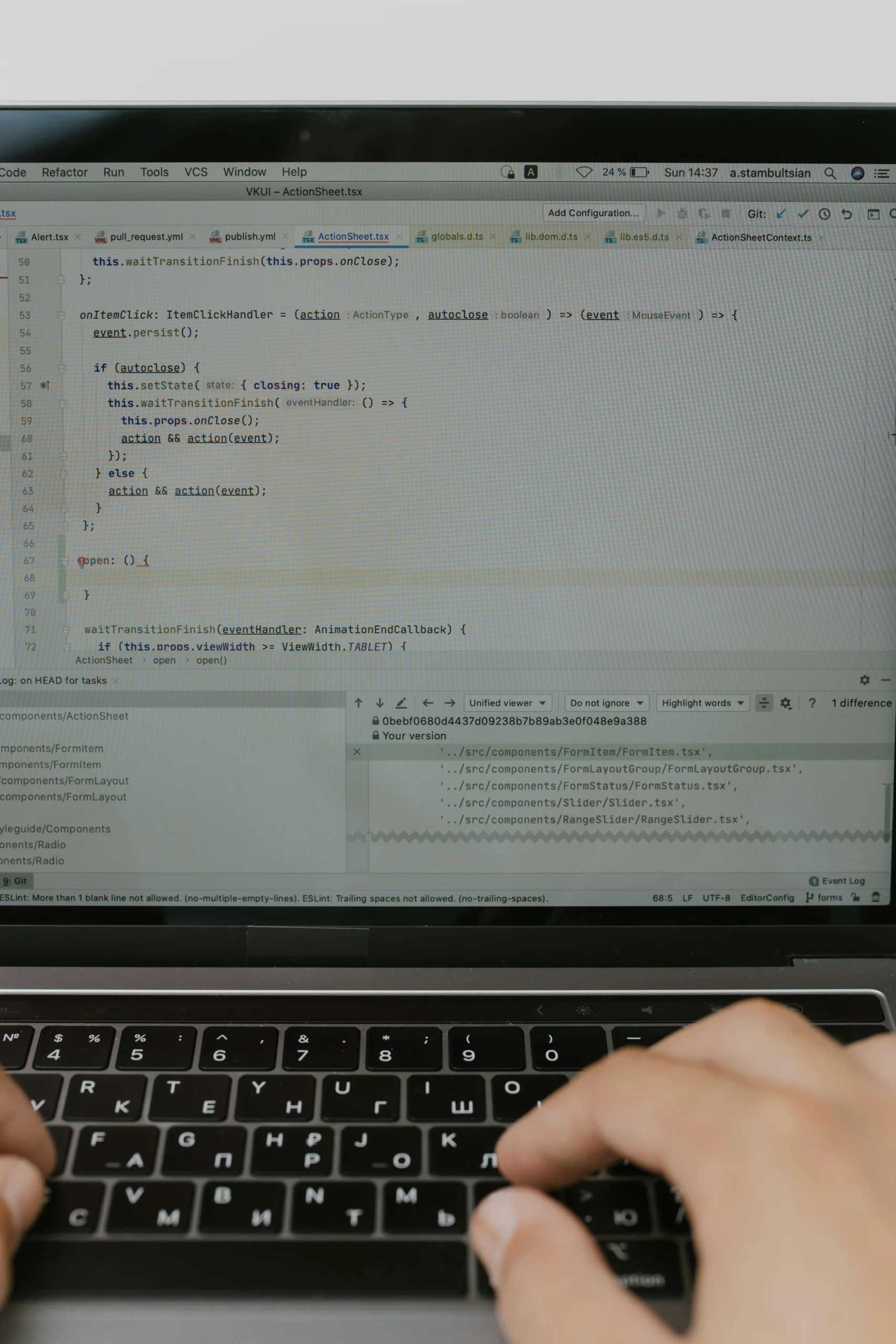Large language models (LLMs) often exhibit biases reflecting the dominant cultures present in their training data, which limits their effectiveness in cross-cultural communication. ALIGN addresses this issue by leveraging native speakers’ free word-association norms, which implicitly encode cultural schemas, to fine-tune LLMs in a parameter-efficient manner. Using data from the Small-World-of-Words project in English-US and Mandarin, the study fine-tuned Llama-3.1-8B and Qwen-2.5-7B models through supervised fine-tuning and preference optimization techniques. This fine-tuning improved the models’ precision in word associations by 16-20% in English and 43-165% in Mandarin, increased median concreteness, and achieved human-level emotional valence and arousal metrics. The lexical improvements translated into better cultural alignment on the World-Values-Survey, with fine-tuned models shifting responses toward the target culture and reducing cultural bias. Notably, the smaller 7-8 billion parameter models matched or exceeded the performance of much larger 70 billion parameter baseline models, demonstrating the efficiency and effectiveness of the approach. This work underscores the importance of incorporating human cognitive data to enhance cultural sensitivity in AI systems. It also highlights the potential for cost-effective methods to reduce cultural bias and improve value alignment in LLMs. Future research is encouraged to further explore cognitive-grounded techniques to refine cultural modeling in AI. The ALIGN method offers a promising pathway to more culturally aware and inclusive language models that better serve diverse global users.
👉 Pročitaj original: arXiv AI Papers








